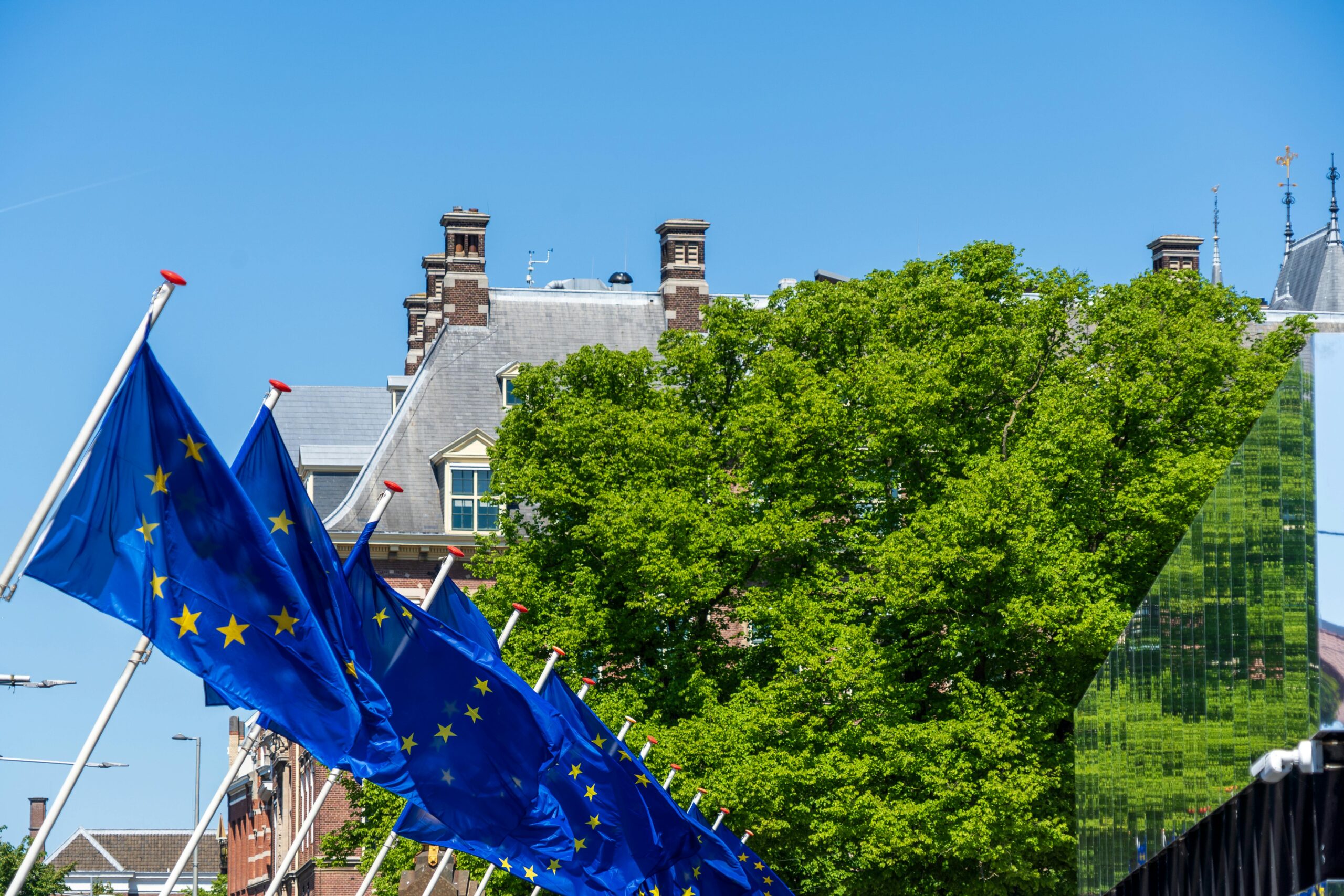The European Parliament’s trade committee plans to toughen its stance on the EU-U.S. Trade and Tariffs Deal, setting the stage for a potential political fight over how far Brussels should go in accommodating Washington.
Meeting on 4 November, the International Trade (INTA) Committee debated its draft report on the July 2025 deal struck between European Commission President Ursula von der Leyen and Donald Trump in Turnberry, Scotland. The agreement caps most U.S. tariffs on EU exports at 15%, with lower rates for key sectors such as aircraft parts and pharmaceuticals.
Bernd Lange, the chair of the committee and part of the centre-left Socialists & Democrats (S&D) group, said the Parliament wants to “rebalance” the arrangement, calling the July deal a “starting point.” His proposed changes, dubbed “the five S’s” — steel, standstill, suspension, safeguards, and sunset — will define Parliament’s stance in negotiations with the Council.
The Five S’s
On steel, the Members of European Parliament (MEPs) are demanding reciprocity after Washington raised tariffs on 407 steel products to 50%, in breach of the Turnberry understanding. The committee proposes that the EU lift its retaliatory tariffs only once the United States restores its own rates to 15%.
Lawmakers also want a binding standstill clause ensuring that Washington will not impose new tariffs above 15% or reclassify goods to achieve the same effect. Any further EU tariff reductions would have to depend on such a guarantee, Parliament says.
On suspension, the committee supports a tougher mechanism that would replace the current implementing act with a delegated act, allowing the Commission to respond immediately if the U.S. breaches the deal. The proposed system would be linked to the EU’s new Anti-Coercion Instrument, enabling automatic suspension if Washington applies coercive trade measures against the bloc.
The draft report further introduces a safeguard clause allowing the EU to reimpose tariffs if imports from the United States surge by more than 10%, a move aimed at shielding vulnerable European farmers and manufacturers. The sunset provision would make the deal expire automatically after 18 months unless renewed following an impact assessment by the Commission and parliamentary review.
Political lines
The debate exposed deep divisions across the Parliament. The S&D and liberal Renew groups broadly backed Mr Lange’s approach, framing it as a necessary correction to an “imbalanced” deal. The Christian-conservative European People’s Party (EPP) expressed cautious support, welcoming the stability the agreement could bring but urging transparency and attention to the steel and aluminium sectors.
On the right, the far-right Patriots for Europe criticised what she called the “asymmetry” of the deal, warning it would harm European agriculture. The Greens and the Left called the agreement “problematic” and “unacceptable” for the EU industry. Both groups demanded stronger anti-coercion measures and greater parliamentary oversight.
From the centre, Renew’s Barry Cowen said the deal was imperfect but preferable to a renewed trade war, while S&D’s Kathleen Van Brempt (Belgium) urged a “pro-European coalition” to secure better terms.
Next Steps
A Commission trade official defended the deal as stabilising transatlantic trade but said Brussels was open to amendments and would monitor U.S. compliance closely.
The deadline for parliamentary amendments is 7 November. A committee vote is expected in January 2026, with a final plenary vote likely in March or April. The Council, representing member states, has begun its own technical discussions in parallel.

